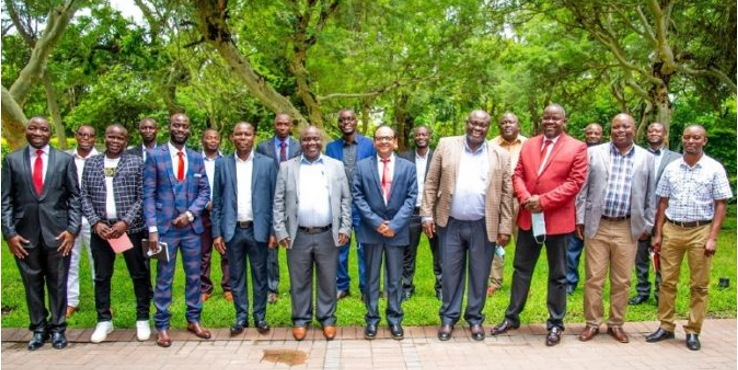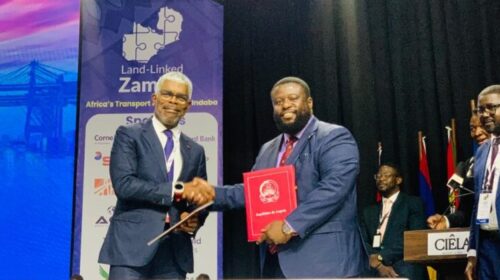Kagem signs 2022-2023 collective agreement with Zambian unions
Kagem Mining has signed a collective agreement with unions under which unionised employees will receive a 10% increase in basic salary for 2022, followed by a further 10% increase for 2023 across the board and those sitting between the grade notches will move up to the next notch.
The company is owned 75% by London-based Gemfields in partnership with the Industrial Development Corporation (IDC), which holds 25% on behalf of the Zambian Government.
The collective agreement, which has been approved by the Labour Commissioner (Lusaka), followed successful negotiations between management and representatives of the Mine Workers Union of Zambia (MUZ) and the National Union of Miners & Allied Workers (NUMAW), in which it was also agreed to enhance the company pension contribution from 20% to 25% of basic pay, bringing the effective salary increase to 15% for 2022 and 2023, and the overall increase to 22.5% over the next two years.
Kagem General Manager Sanjeev Kumar commended union representatives for the efficient and professional manner in which negotiations were conducted and said: “Having achieved harmonious industrial relations through this collective bargaining agreement, I am sure that Kagem, its workers and the government will all benefit.”
He continued, “The agreement will provide workers with improved living standards and greater job security. Together we will strive to achieve our strategic and commercial goals and remain a world-leading supplier of emeralds.”
The agreement was also welcomed by MUZ President Joseph Chewe, who commended Kagem for its commitment in improving the welfare of its employees and said:
“We can only encourage the workers, as the leadership from the union, to continue walking along with the company to succeed as they continue to give us jobs and business to the community of Zambia. We also value your existence and the relationship that we continue to enjoy.
“I think as a union we will continue to be positive towards the operations. Because if operations fail, then there will be no employment. So, my colleagues from the workers, let’s continue to engage the company on issues the workers raise so that we can have a company that is profitable, that is able to look after the workers’ welfare.”
91 total views , 1 views today





